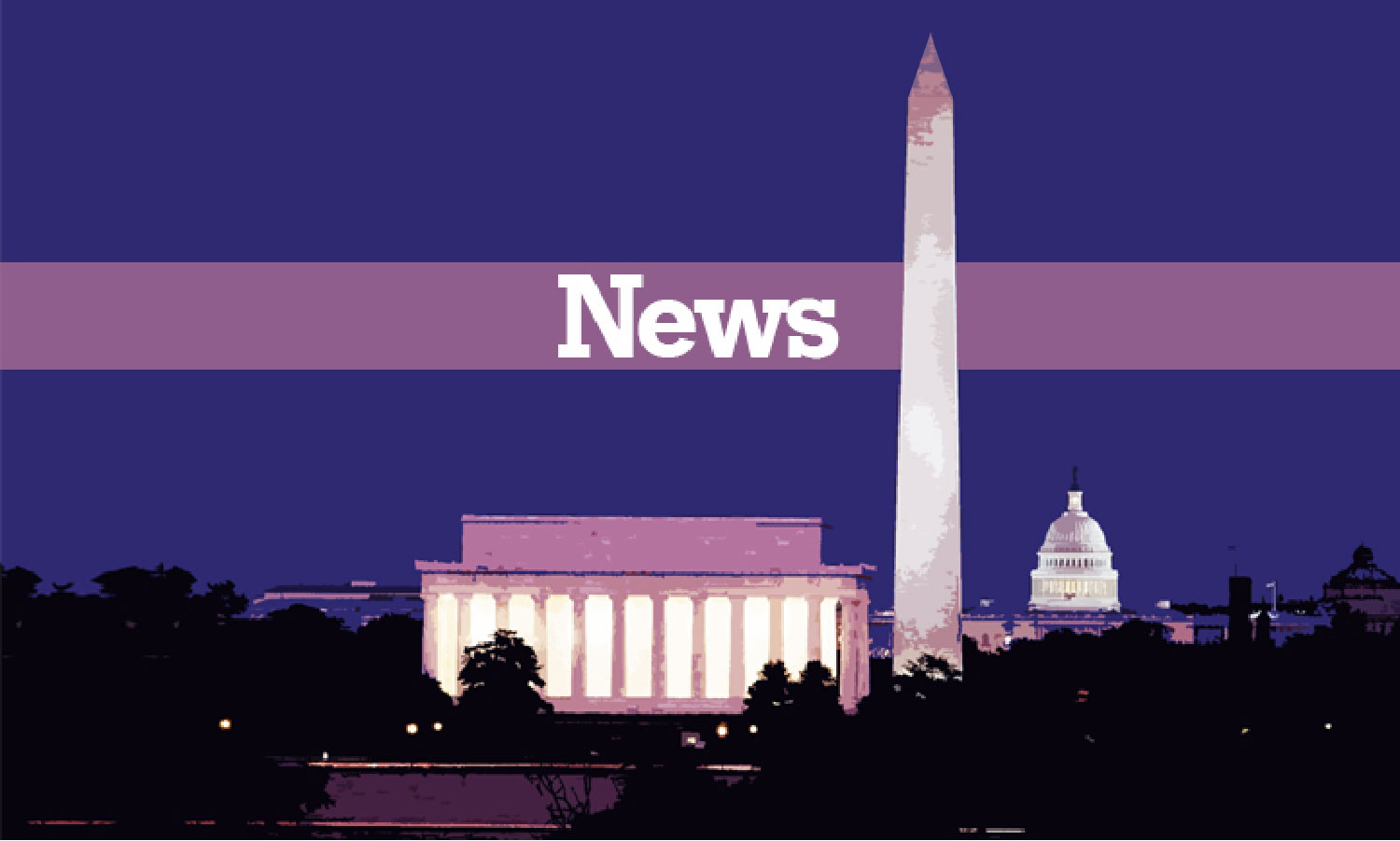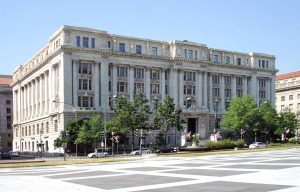On May 13, Mayor Muriel Bowser announced D.C.’s stay-at-home order and public health emergency have both been extended through June 8. The decision is part of a plan headed by the advisory group ReOpen D.C. to gradually reopen the city.
“The continued sacrifices by residents and businesses are saving lives and helping us get to the other side of this incredibly difficult time for our city,” Bowser said. “Together, by staying home a little longer, soon we will be able to reopen D.C.; safely and sustainably.”
ReOpen D.C. was introduced by Bowser on April 23, when she first announced the city’s plans to begin a phased reopening. The group emphasizes four central values in evaluating how to best reopen D.C.: health, opportunity, prosperity, and equity. “We have a once-in-a-generation opportunity to reopen our city in a way that builds a more equitable D.C. and we should not let this opportunity pass us by,” she said.
The ReOpen D.C. advisory group, composed of government and community leaders, is receiving guidance from the Johns Hopkins Bloomberg School of Public Health and their report on phased reopening.
In extending the stay-at-home-order, Bowser highlighted four critical federal guidelines that the District must meet before beginning the phased reopening: COVID-19 case decline, testing capacity, health care system capacity, and public health system capacity.
In accordance with federal guidelines, D.C. needs a sustained 14-day decrease in community spread and a transmission rate of fewer than one new case per existing case to begin a phased reopening. As of May 13, the District was at a five-day decrease of cases and had a transmission rate fewer than one for three days.
The second metric, testing capacity, requires the ability to test all people who are symptomatic, at-risk healthcare workers, essential workers, and close contacts of all new positive cases. Currently, D.C. is able to test all four of these groups according to Bowser.
In order to meet the healthcare system requirements, the District must be using less than 80 percent of health care capacity, without surge, over seven days. On May 12, the health care system was at 76 percent capacity with 14 days at less than 80 percent.
The final criterion regarding the public health care system requires contact tracing of a new case within one day and tracing of the case’s close contacts within two. Currently, the District is “contact tracing priority populations and their close contacts,” according to the situational update presentation.
The plan put forth by ReOpen D.C., which follows federal guidance from the CDC, suggests a phased reopening should only be considered when all of these criteria are met.
Along with extending the stay-at-home order, Bowser has now required the use of masks or face coverings for any business or basic operations for nonessential businesses, when in the presence of others, and for essential travel if social distancing cannot be followed. Masks are also required on public transit and in rideshares. Additionally, Bowser introduced a pilot program designed to grant waivers to some businesses, allowing them to open and conduct curbside and front-door pickups. These waivers come under the condition that the businesses share sales information about their adjustments, allowing the city to assist businesses with the transition when it becomes time for a full-phased reopening.
Like many cities around the country, Bowser and the D.C. government are experiencing some pushback. On May 14, a minor protest was held in Freedom Plaza demanding that Bowser end the shutdown and reopen the city as soon as possible.
In her update on April 23, Bowser noted that one of the most alarming aspects of the pandemic has been how racial inequities have played out in the COVID-19 data. “When we get on the other side of this, what that means in D.C. and across the nation is that we have to do better and that we have to tackle the longstanding inequities that are causing these disparities,” Bowser said.
As the situation continues to develop, Bowser will continue to provide situational updates and adapt orders accordingly. As of May 14, D.C. has 6,871 active cases of COVID-19. It appears that unless the necessary metrics are met, D.C. won’t be reopening or “back to normal” anytime soon.
In Bowser’s update on April 23, she stressed the importance of a community-driven response to reopening and emphasized the value of working together, listening to health experts and local businesses alike. “Just as the government cannot solve this pandemic alone, we cannot reopen alone,” Bowser said.
For more information and resources regarding D.C.’s response to COVID-19, visit https://coronavirus.dc.gov/.






